Welsh Labour's manifesto: What's in it?
- Published

Labour's manifesto front page
Labour on Tuesday published the party's election manifesto, external online, a response it says to people's concerns across the country.
But it is a document notable for failing to commit to what have been major Welsh Labour Government projects - up until now.
The party promises to form a government that will be "there for you and your family at the moments that matter".
"All schools will be better funded, but not in competition with one another. Our NHS will be modernised, but not privatised," says party leader Carwyn Jones in the forword.
Big pledges include childcare support for working parents, more money for schools, 100,000 all-age apprenticeships, tax cuts for small businesses, a new treatment fund for the NHS, and a "better deal" for people who need care in old age.
But the document does not say how many local councils should be cut, nor exactly which M4 relief road route should be built.
There's a lot of information on past delivery. But by leaving out some of the most contentious proposals by the Labour government, could this manifesto be the starting point for a post election deal?
And like the Welsh Conservatives and UKIP, there is sparse information on how the policies will be afforded.
The party insists the manifesto is costed, however.

Transport
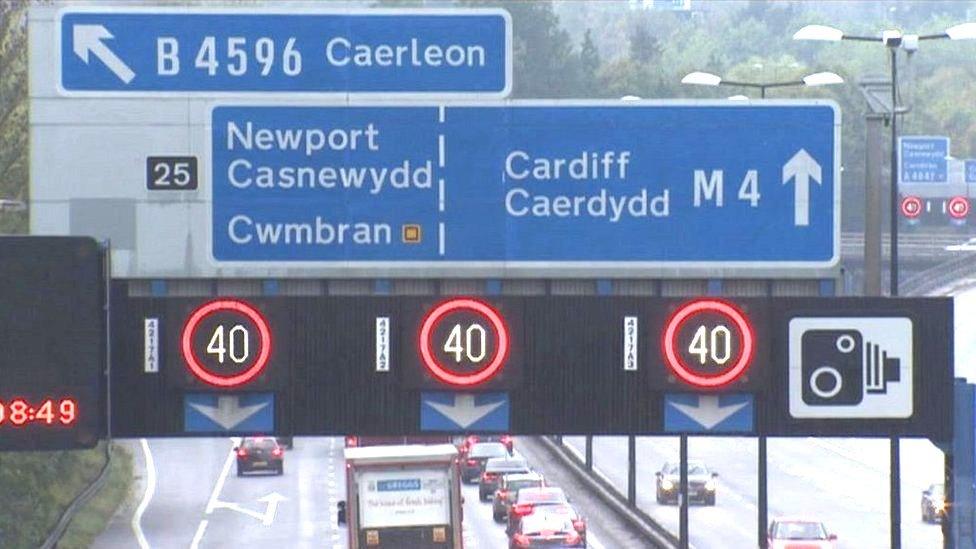
The most remarkable thing about the document's details on transport policy is the lack of information on Welsh Labour's biggest infrastructure project - the M4 relief road.
A Welsh Government consultation is currently underway on plans to build a six-lane motorway south of Newport and over the Gwent Levels.
It is a scheme known as the "Black Route" that is thought to cost more than £1bn and has proved controversial with all political parties.
But the manifesto just says Labour will deliver "a relief road for the M4", and doesn't mention the specific route.
It means that no party is going into the election with a specific manifesto pledge to build the black route - something that could be useful for post-election negotiations with parties that have rejected the project.
Mr Jones told BBC Wales that Labour's preferred option was the black route but added: "We have to keep options open, as we see for example the environmental assessments on the black route".
The manifesto says the South Wales Metro - a plan to upgrade existing transport networks in South Wales - will open "further opportunities to strengthen and diversify the economy of the Valleys", and says the government would start work on the development of a North Wales Metro system
Other pledges include:
Upgrading the A55 across North Wales and improvements to other trunk roads across Wales
Deliver a not-for-profit rail franchise from 2018 to improve the frequency and quality of train services
Deliver "seamless ticketing arrangements and improved marketing" as part of new travel arrangements for Wales

Health and social care
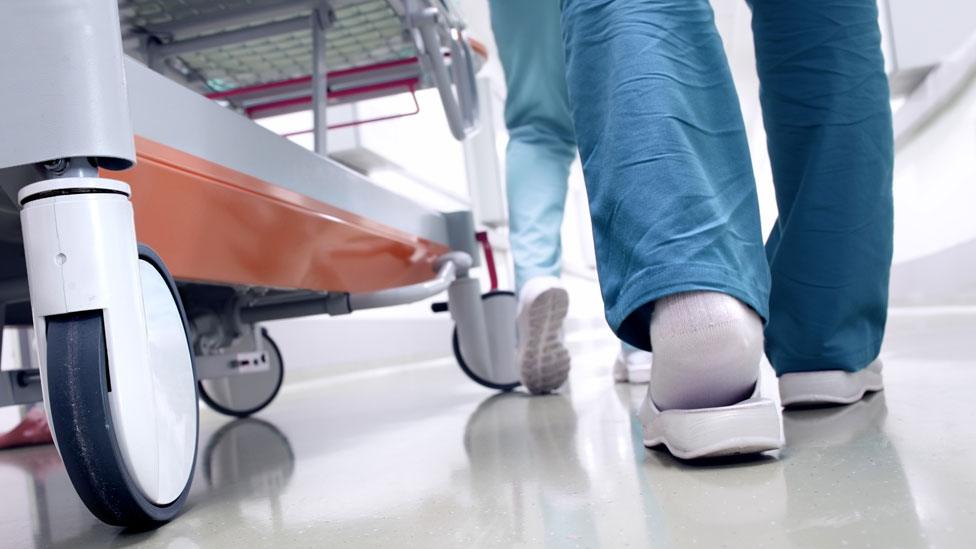
Labour says it will "continue" to invest more money per person in health and social services in Wales than is being invested in England.
There is a big stress in the manifesto on the responsibility of individuals to look after themselves. The website says that "everyone in Wales has a responsibility to look after their own health, supported by the NHS".
The document vows there will be no "top-down, large-scale reorganisation under the next Welsh Labour Government", in contrast to proposals from Plaid Cymru.
For North Walians, Labour says it will start discussions with locals about the future of Betsi Cadwaladr University Health Board.
The document says a Labour government would "provide ongoing support" to the health board, which is still in special measures, "including reviewing the governance structure if necessary".
It also proposes a new £80m treatment fund to enable most advanced drugs and high cost treatments for cancer and other life threatening illnesses.
One omission is that Labour says it would "re-introduce a Public Health Bill", but they do not say they will try to bring in any kind of e-cigarette restrictions - perhaps a recognition of the reality that it would be very difficult to pass them through the assembly.
Other pledges include:
Cut waiting times by "eliminating" unnecessary attendance at hospitals and GP surgeries
Prioritisation of mental health treatment, support and prevention services
Doubling of the capital people can keep when entering residential care to £50,000
Action to attract more GPs to Wales
A new Velindre Cancer Centre
Rolling out a "Choose pharmacy" minor ailments service across Wales to take pressure off GP surgeries
Give "full formal independence from government" to the Healthcare Inspectorate Wales and Care and Social Services Inspectorate Wales, and complete a review of the bodies to "support integration"

Economy

Mr Jones, who is the current First Minister, has made a big play of the party's business policies - saying Welsh Labour is passionate about growing the economy, external in a recent Telegraph column.
As well as a Welsh development bank, one of the party's stand out pledges is a business rate cut for all small firms. The manifesto says this would help 70,000 companies and reduce business rate bills to zero for half of eligible firms.
Other economic pledges include:
A business accelerator support scheme
Assisting credit unions to increase capacity and reach
Exploring options for ending land-banking
A commitment for every property to have a fast, reliable broadband connection
To provide 30 hours free childcare a week for working parents of three and four years old, 48 weeks of the year

Education
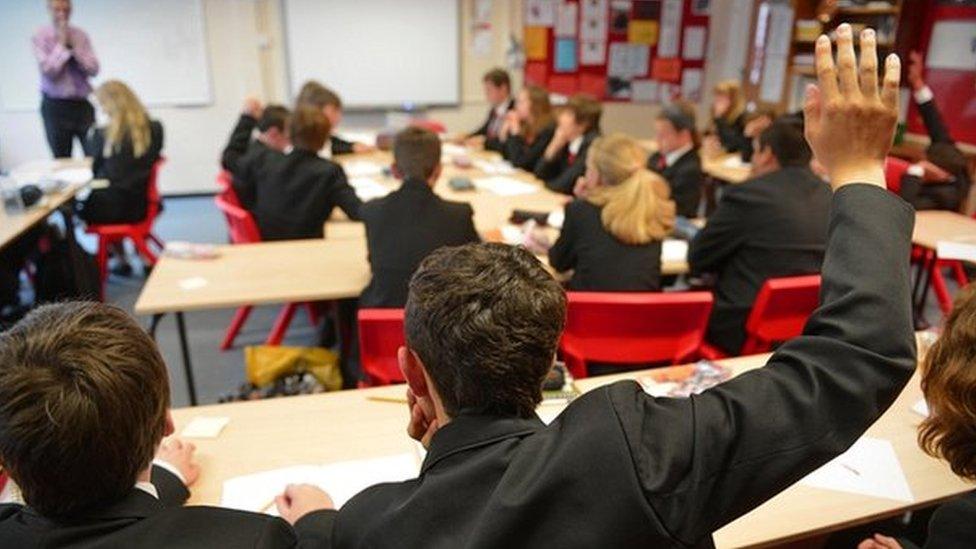
Labour is promising £100m extra to drive standards in schools, and to create 100,000 "all-age" apprenticeships.
It also says the party would invest £2bn between now and 2023 in the 21st century schools building programme, which is already in operation.
The manifesto is perhaps the least specific of the five big parties when it comes to the issue of tuition fees, suggesting this will be decided after the election.
It says there will be a "better package of student support than that on offer in England based on the recommendations of the Diamond review."
Other pledges include:
Legislating, "if necessary", to give communities better access to facilities before and after the a school day, as well as at weekends
Pilot a new model of Community Learning Centres "providing extended services from 8am to 6pm with childcare, parenting support, family learning and community access to facilities built around the school day"
Create a Music Endowment Fund to help youngsters access music services and instruments
Pilot of "lunch and fun" clubs at schools
A new funding body for higher and further education in Wales
A target of one million people speaking the Welsh language by 2050

What else in the manifesto?
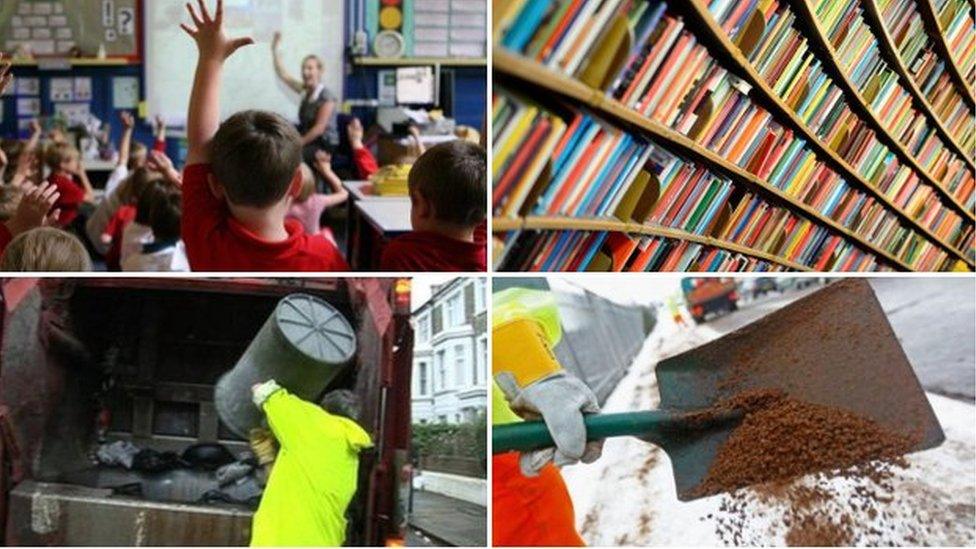
Another surprise is a lack of detail on how many local councils there should be, following mergers.
The manifesto does commit to "stronger, larger local authorities" but does not say how many.
The Welsh Labour Government has previously stated it thinks eight or nine authorities are the best model for Wales.
But like the M4 relief road Black Route it is hugely contentious, with no real support from any other party for the precise map.
It's extraordinary given how the government has pushed the issue - the wording could again prove useful for coalition building.
Mr Jones said on Monday that he would prefer it "if we could work with other parties to get to an agreed position on the number we need".
It all suggests Labour is prepared to move away from the eight or nine council map.
There is not much in the way of new pledges in the area of natural resources and rural affairs. Labour says it will continue to improve animal welfare, and that sustainable development will remain a central organising principle of the government.
Other notable pledges include:
Guaranteeing not to increase income tax
An end to the Right to Buy
Building an extra 20,000 affordable homes in the next term
Repealing sections of the UK Government's trade union legislation as it applies to devolved areas - a reference to the controversial Trade Union Bill
Increasing investment in the arts by introducing a "challenge fund"
"Address digital exclusion" by setting a target of helping 95% of people gain at least the basic digital skills needed for the 21st century
- Published19 April 2016
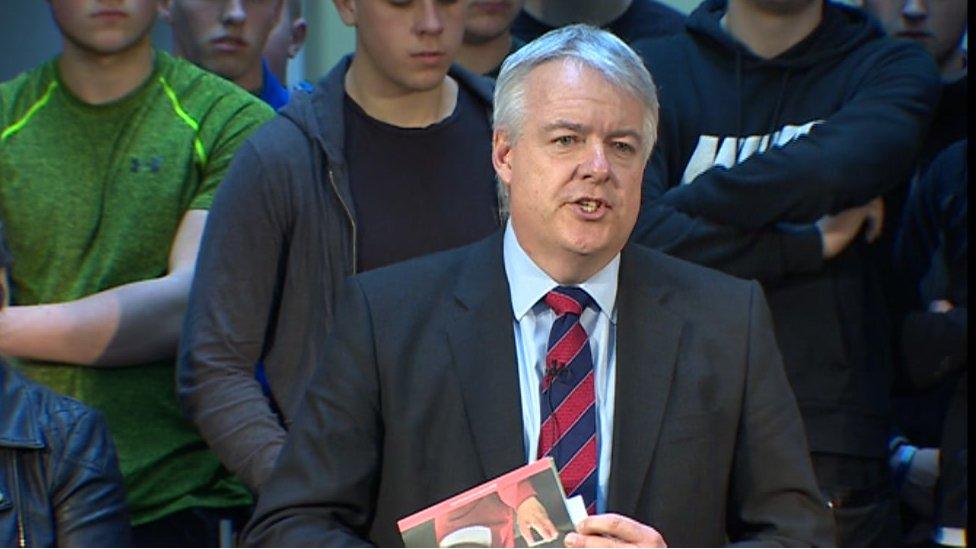
- Published18 April 2016
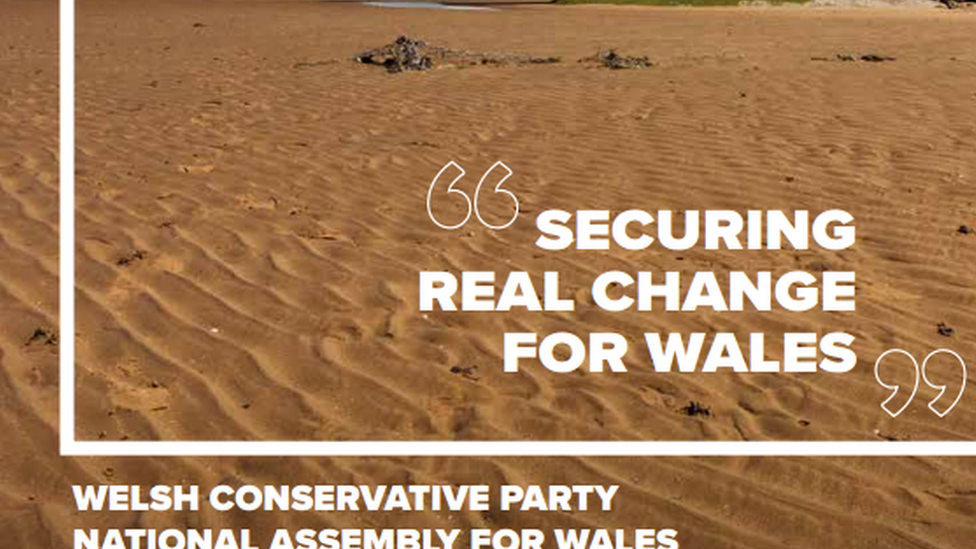
- Published15 April 2016
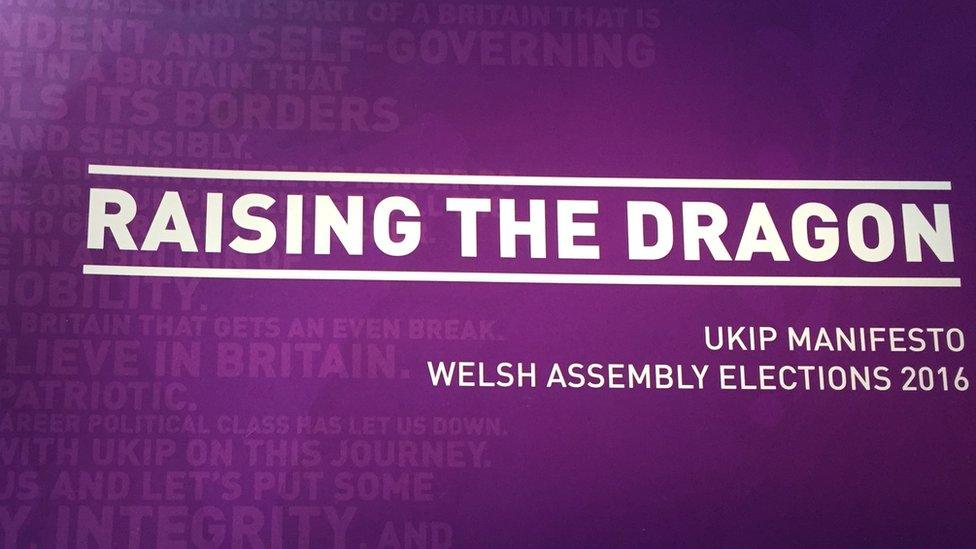
- Published14 April 2016
- Published5 April 2016
